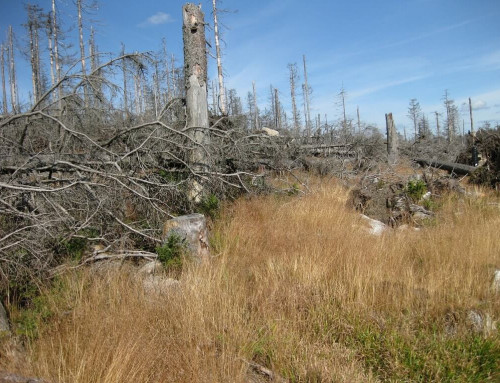
A tea estate. Image credit blogspot.com
ZIMSEC O Level Geography Notes:Agriculture:Farming types in Africa: Plantation (estate) farming
- This is the large-scale production, usually of one crop on a large piece of land called an estate, for an extended period of time.
- The crop grown here may be perennial, that is, grown over one year on the land or annual, that is, grown in one season during the course of the year.
- Plantation farming is a specialized type of commercial farming undertaken on a larger scale than the commercial farming.
Characteristics of estates
- The following are some of the general characteristics which apply to the majority of estates;
- There is a tendency of monoculture as one crop is grown on the same land for many years, usually applicable for tree crops.
- Most estates are owned by transnational corporations (TNCs) or by government because that large capital outlay required for their starting and running cannot be raised by individual farmers.
- Land is leased by a host country to a TNC which will be working on the land while paying commissions or royalties to the government of the host country.
- There is specialistaion of production with specialists and research centres on the estates.
- Each estate is self-contained and very efficiently run. There are factories, workers’ houses, schools, clinics and recreational facilities on the estates. Some have power and radio stations.
- Production is market-oriented. Produce is sold on both the home and external markets.
- There is production of both industrial raw materials and food crops.
- Attached to them are local outgrower farmers which benefit considerably from the estates.
Importance of estates to countries such as Zimbabwe, Malawi and Liberia.
- Given the size of operation of estates, they play an important role in countries where they are located in.
- They create employment to thousands of people both local and expatriate.
- They produce raw materials for industries.
- They build their own factories, processing and manufacturing plants leading to industrial growth of a country.
- They produce food for local people.
- They produce cheap goods for local people.
- They build roads and rails, developing transport and communications in remote areas.
- They provide services to their workers and to the local communities, for example, schools, clinics, hospitals, pubs and stadiums.
- Some provide technology, research and training and bursaries to local farmers and people.
- They provide revenue to the government through taxes, commissions and royalties.
To access more topics go to the O Level Geography Notes page



